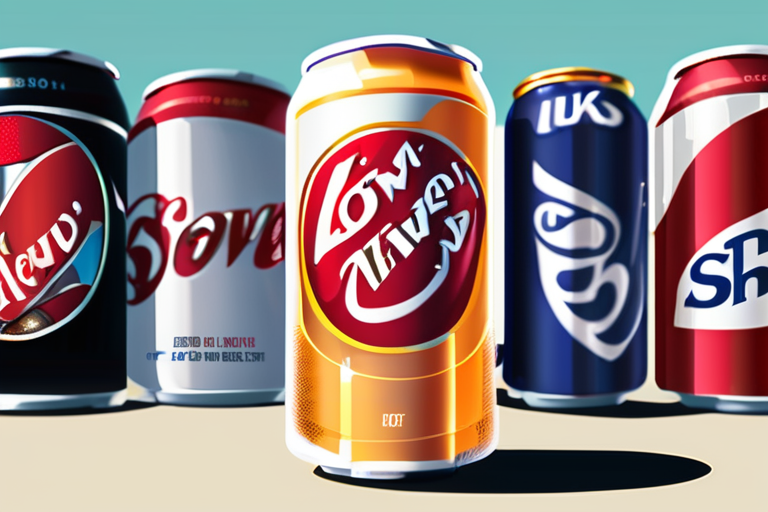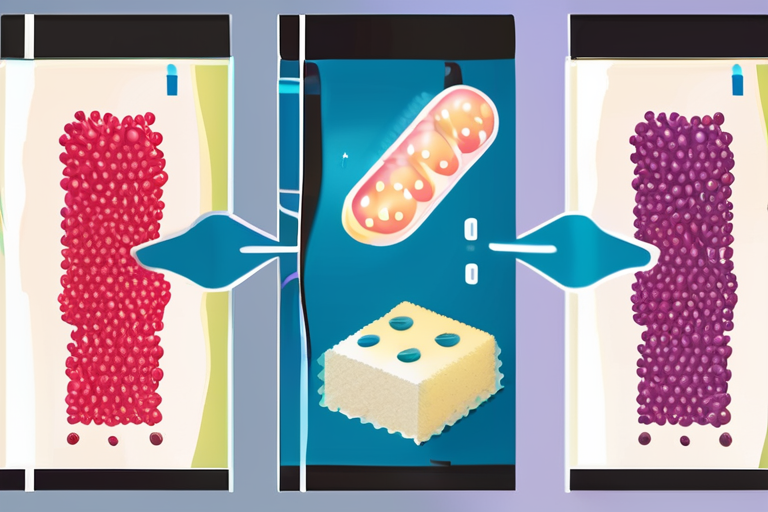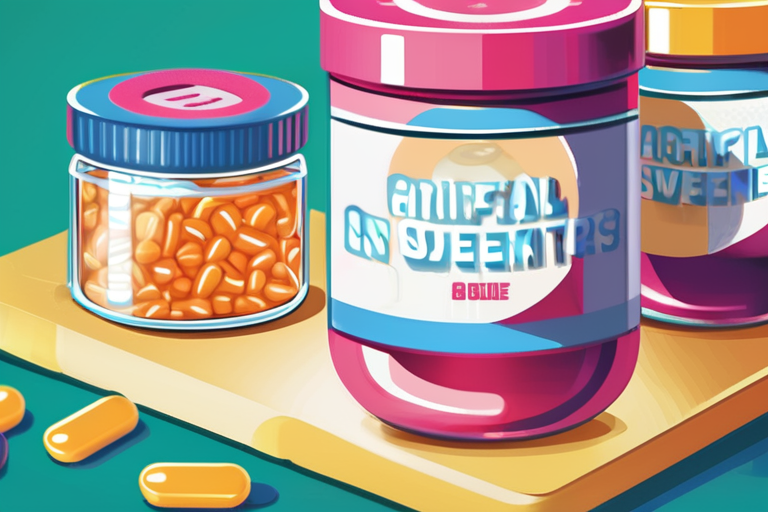UK Study Shatters Diet Soda Myth: Low-Calorie Drinks Linked to Liver Disease Risk


Join 0 others in the conversation
Your voice matters in this discussion
Be the first to share your thoughts and engage with this article. Your perspective matters!
Discover articles from our community

 Hoppi
Hoppi

 Hoppi
Hoppi

 Hoppi
Hoppi

 Hoppi
Hoppi

 Hoppi
Hoppi

 Hoppi
Hoppi

Radical Rethink of Healthy Eating: The Hidden Dangers of a High Dietary Acid Load A growing body of research suggests …

Hoppi

Breaking News: Artificial Sweeteners May Have Surprising Benefits for Gut Microbiome A groundbreaking study published today reveals that replacing sugar …

Hoppi

Breaking News: Artificial Sweeteners May Have Surprising Benefits for Gut Microbiome A groundbreaking study published today reveals that replacing sugar …

Hoppi

Breaking News: Artificial Sweeteners May Have Surprising Benefits for Gut Microbiome A groundbreaking study published today reveals that replacing sugar …

Hoppi

Breaking News: Artificial Sweeteners May Help Gut Microbiome A groundbreaking study published today reveals that replacing sugar with artificial sweetener …

Hoppi

Breaking News: Artificial Sweeteners May Have Surprising Benefits for Gut Microbiome A groundbreaking study published today reveals that replacing sugar …

Hoppi